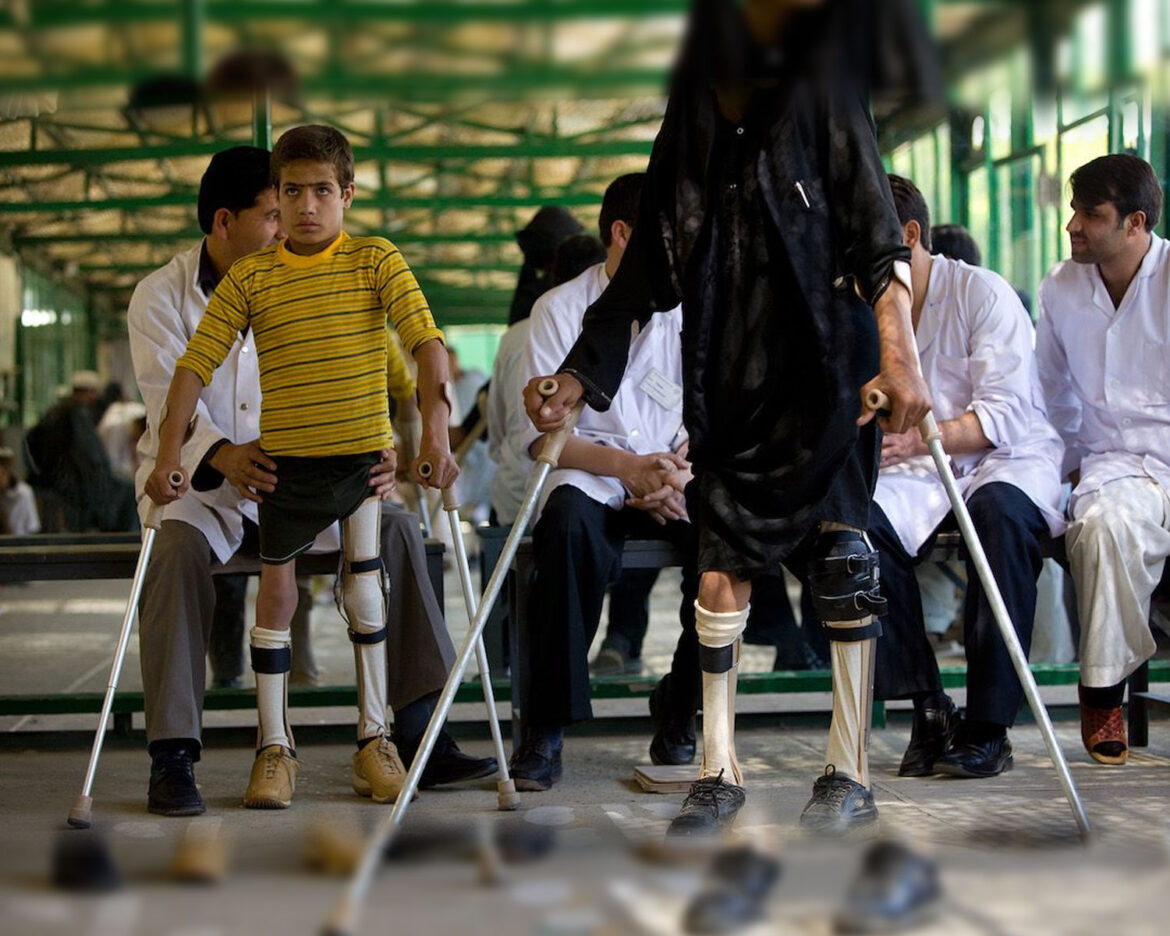The poliovirus has reached two new districts, Dukki and Killa Saifullah, bringing the total number of affected districts this year to 44. This development follows recent detections in Bahawalpur and Dera Ismail Khan, exacerbating the public health challenge.
An official from the Regional Reference Laboratory for Polio Eradication at the National Institute of Health, speaking anonymously, confirmed the detection of Type-1 Wild Poliovirus in Dukki and Killa Saifullah. “This brings the total count of infected districts for the year 2024 to 44,” the official stated, adding that positive samples have been reported from Dukki, Killa Saifullah, Sibi, and Swabi.
Sibi and Swabi were already listed among the infected districts. “If the virus is found in sewage water, the sample is called positive. It is a basic parameter to determine the quality of polio campaigns as it shows that a number of children are being missed out or there are refusals to vaccination,” the official explained. He attributed the wide immunity gap to the poor performance of the partners-led programme over the last two seasons (2022-23 and 2023-24).
Additionally, four environmental samples for polio have tested positive, increasing the total number of positive samples for this year to 172, compared to 126 samples from 28 districts in 2023.
The Pakistan Polio Programme has conducted four polio vaccination campaigns this year and is currently conducting a fifth campaign. This effort, underway since June 3 in 69 districts, aims to vaccinate over 17.1 million children under five years old in 37 districts, along with selected areas in 32 other districts. This campaign is critical as it precedes the high-travel season of Eid, a time when the virus’s spread can accelerate due to increased movement of people.
The continued detection of poliovirus underscores the urgent need for enhanced vaccination efforts and addressing gaps in immunity, particularly in regions where resistance to vaccination remains high.



